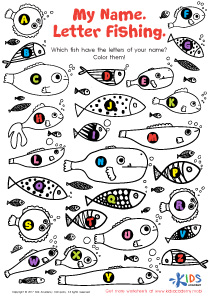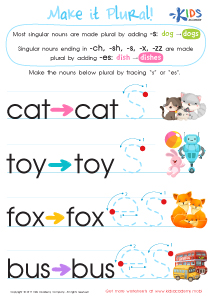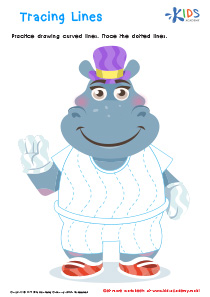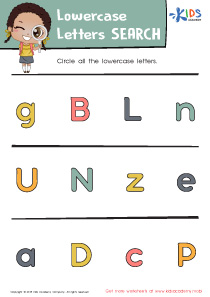Capitalization rules Easy Alphabet Worksheets for Ages 4-6
4 filtered results
-
From - To
Discover the fun and engaging "Capitalization Rules Easy Alphabet Worksheets" designed for children ages 4-6! Our worksheets provide a playful way for young learners to grasp essential capitalization rules, reinforcing their understanding of when to capitalize letters in sentences. Bright visuals and interactive activities ensure that kids stay motivated while they practice uppercase and lowercase distinctions. Perfect for home or classroom use, these worksheets help develop strong foundational literacy skills. Encourage your child's reading and writing proficiency today with these easy-to-follow worksheets, transforming learning into an enjoyable adventure! Start shaping confident communicators with our captivating early learning resources.
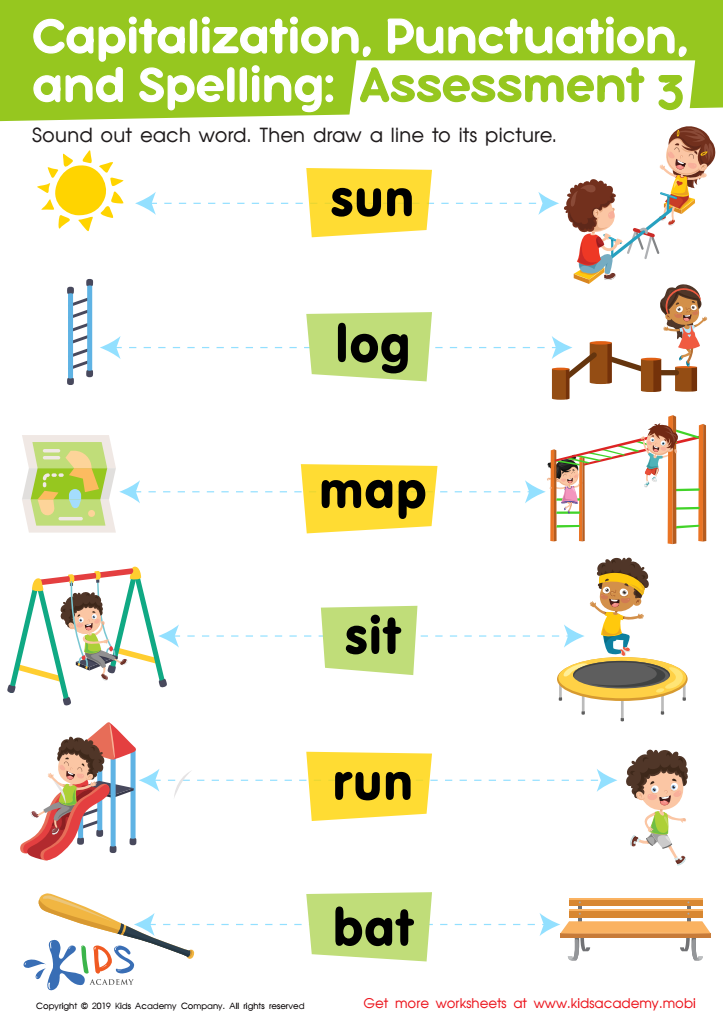

Capitalization. Punctuation. Spelling. Assessment 3 Worksheet
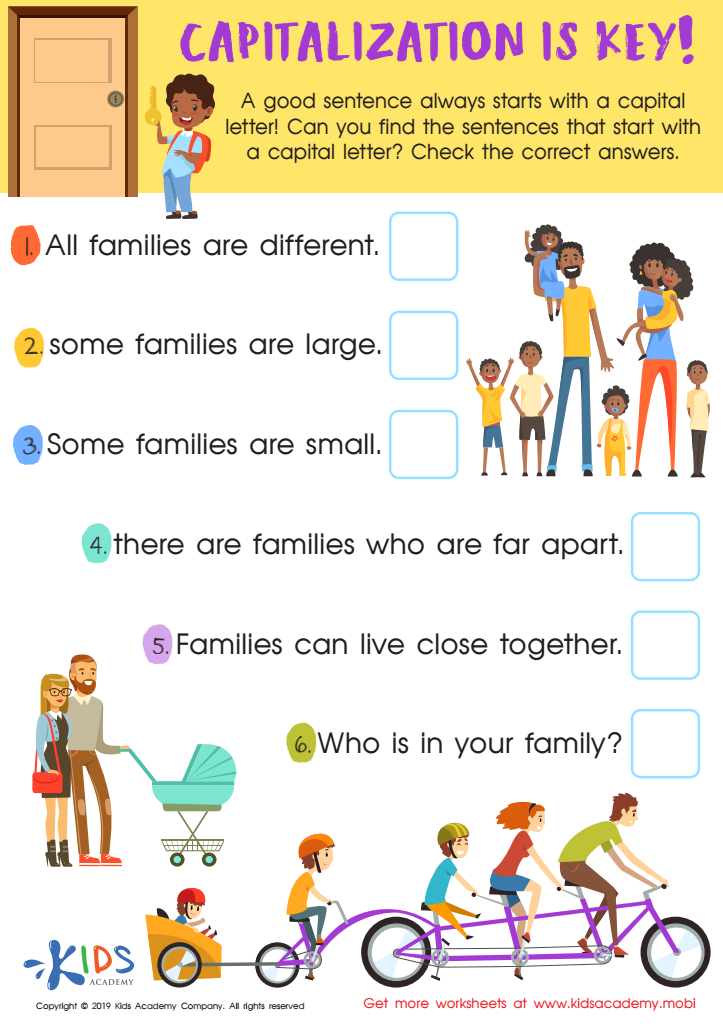

Capitalization Key Worksheet
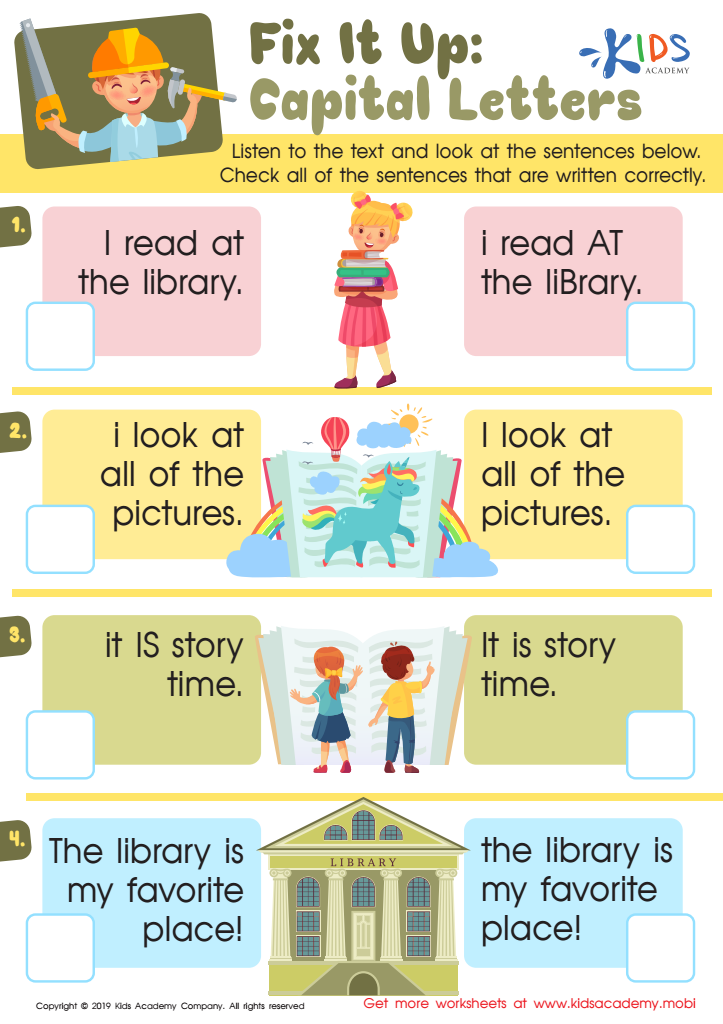

Fix Capital Letters Worksheet
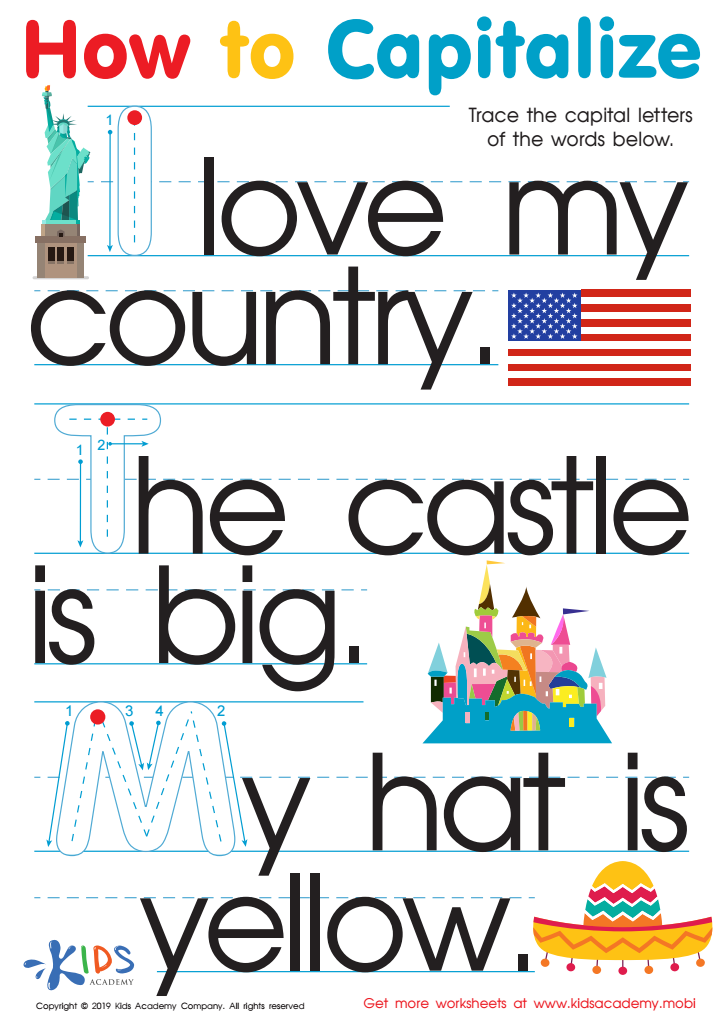

How to Capitalize Worksheet
Teaching capitalization rules to children ages 4-6 is essential for several reasons. First, understanding capitalization is foundational for effective reading and writing skills. At this early age, children begin to recognize and use letters, and learning that certain words start with a capital letter helps them understand the structure of sentences.
Secondly, capitalization gives meaning to the text. For instance, capital letters at the start of sentences, for names, and in proper nouns provide essential cues that aid comprehension. When children learn these rules early, they develop better literacy skills, enabling them to identify important words in a text and enhancing their understanding of reading materials.
Moreover, teaching capitalization fosters confidence in young learners. As they learn to apply these rules in their writing, they feel a sense of accomplishment, encouraging them to express their thoughts and ideas more freely.
Additionally, capitalization helps in distinguishing common nouns from proper nouns, enriching vocabulary development. The early introduction to these linguistic concepts promotes a playful approach to language that encourages curiosity and engagement.
In summary, by instilling capitalization rules, parents and teachers lay a critical foundation for literacy, confidence, and effective communication skills in young learners.
 Assign to My Students
Assign to My Students









